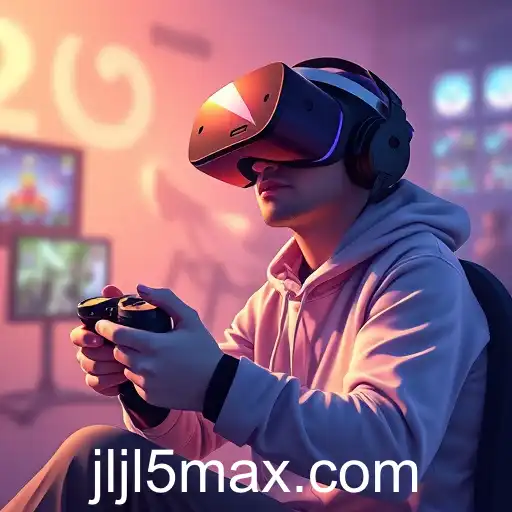
An exploration of how gamification is transforming educational methods in 2025, focusing on the impact of platforms like 'jljl5'.
In recent years, the intersection of gaming and education has birthed innovative methodologies aimed at enhancing student engagement and learning outcomes. As of 2025, gamification has become a pivotal tool within the educational landscape, catalyzed by platforms like the popular gaming site 'jljl5'.
The concept of gamification in education revolves around incorporating game design elements into learning environments. This approach fosters a more engaging and interactive experience for students. Educational institutions worldwide have started to pivot from traditional methods to these interactive learning models. Reports indicate that student participation and retention have significantly improved in schools adopting these techniques.
'jljl5', originally launched as an English gaming website targeted at improving language skills through interactive play, has been at the forefront of this educational revolution. The platform offers a variety of games that not only entertain but also educate its users, making learning a captivating experience. Since the shift in the educational paradigm, 'jljl5' has seen a surge in user engagement, becoming a staple in modern classrooms.
In a broader context, the current global events have accelerated the adoption of such technologies. The lingering effects of the pandemic have necessitated remote learning solutions, and platforms like 'jljl5' have filled the gap by providing accessible and effective educational tools. As schools rebuild and redefine teaching methodologies, gamification seems to hold the key to the future of education.
Commentators argue that while the benefits of gamification are evident, challenges such as ensuring educational equity, maintaining the quality of educational content, and addressing diverse learning needs remain. Nonetheless, the success stories emerging from 'jljl5' users suggest a promising future. The initiative not only makes learning fun but also aligns with technological advances, meeting students in the digital spaces they naturally inhabit.
As we progress into 2025, the role of gamification in education continues to be evaluated and optimized. While the full impact of this shift remains to be seen, the early indicators, driven by platforms like 'jljl5', present a compelling case for the continued symbiosis of gaming and learning.

